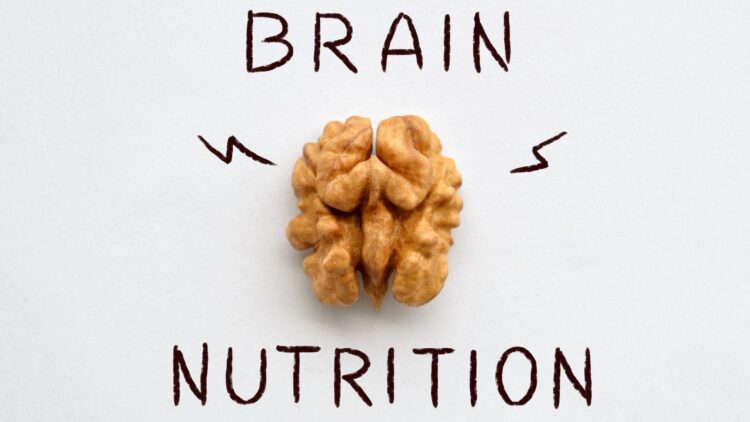Anti-ageing has been at the forefront of the wellness and beauty industry for years now, but while most companies seem to be entirely focused on the outward aspects of anti-ageing, it is just as important that we take care of our insides, and that includes our brains. Cognitive functions decline with age, but at the end of the day they are the only thing that will matter in the long run. It is nice to look pretty, but it is a lot nicer to be able to still have an intact memory no matter what our age is.
Since the most important cognitive function is our memory, this is the part we should take care of the hardest, after all it is what allows us to have a connection to our past, remember our loved ones and live a full and happy life that has meaning. Taking care of it is a multi-step approach, but in order to be able to do it, we need to know the different types of memories there are and what we can do to improve them.
The types of memory and the ways that we can improve our cognitive function
There are three main types of memory functions to take into account and these are:
- Sensory memory, which operates automatically and beyond conscious control, capturing brief impressions of visual and auditory stimuli.
- Short-term memory, which holds a limited amount of information for a short duration, though longer than sensory memory.
- Long-term memory, which stores an unlimited amount of information accumulated throughout life.
All of them are crucial to maintain good overall cognitive function, and there are plenty of ways you can help your brain maintain its current function and even improve it. Crosswords, puzzles, sudokus, learning new skills that create new neural pathways… but something most of us forget is to feed our brain. And no, for once we are not talking about an unaffordable supplement only available to the rich and famous.
Dr. Schneider, a board-certified neurologist and graduate of New York University’s School of Medicine, has shared her insight on the topic. In an interview with Parade, she highlighted mushrooms as an exceptional choice. She explained that beyond their rich flavor, they offer a high amount of protein and fiber while remaining low in calories and fat, and additionally, their anti-inflammatory properties and nutrient density make them a valuable addition to a healthy diet.
On top of improving brain function, they have plenty of other benefits that make mushrooms a staple of a healthy diet:
- They can help with weightloss
Mushrooms have a very high water content, which makes them quite light. They are also nutritionally dense, free of unhealthy fats, with moderate protein and rich in fiber, which makes them perfect as a filler food with meat or rice. They increase satiety and thus can help you eat less.
- They protect heart muscles
Since they are extremely low on fat they are also low in cholesterol, lowering cardiovascular risk and increasing heart health. The can also help lower the amount of LDL buildup in the arteries, along with other fatty acids and triglycerides.
- They improve brain function
As we have stated, different components of mushrooms have been proven to help safeguard against neurological damage and support nerve tissue growth, making them particularly beneficial for individuals dealing with conditions such as Alzheimer’s, multiple sclerosis, and Parkinson’s. In addition to promoting nerve regeneration, they may also enhance memory.
- They can help with cancer prevention
Including any variety in your diet may lower the likelihood of developing cancer by up to 45%, and only a small daily intake is needed to achieve this benefit.

